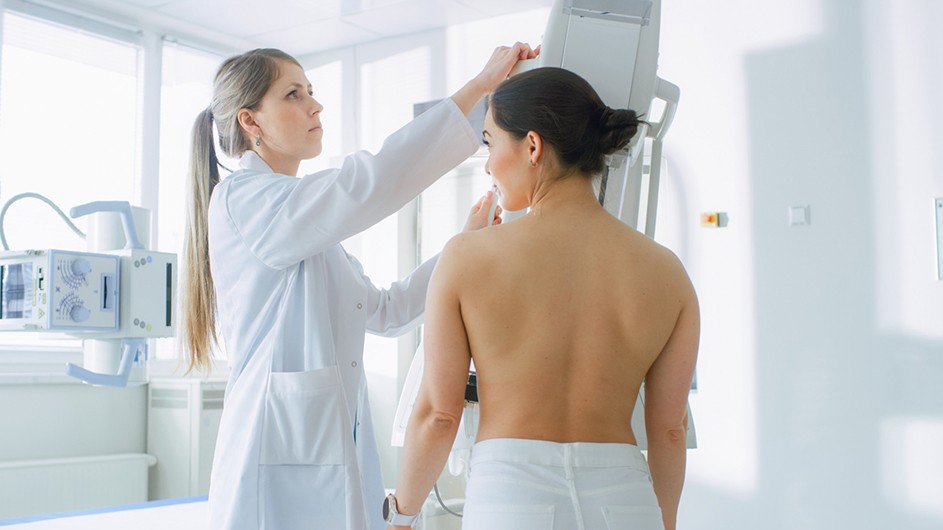Breast cancer is a disease where cancer (malignant) cells form in the tissue of the breast. Breast cancer is the most common invasive cancer to women and the second leading cause of cancer death in women after lung cancer.
In the United States, 1 in 8 women will develop breast cancer in their lifetime. In 2019, there were an estimated 268,600 new cases of invasive breast cancer and 62,930 new cases of non-invasive breast cancer. This year approximately 41,760 women will die from breast cancer.
Though rare, 1 in 1000 men will develop breast cancer. An estimated 2,670 men will be diagnosed with breast cancer this year in the United States and approximately 500 will die.
Risk Factors
- Gender: Women are 100 times more likely than men to get breast cancer
- Age: two thirds of women over the age of 55 are diagnosed with invasive cancer
-
Race: Caucasian women are diagnosed more often than women of other races
-
Family History: You are more likely to develop breast cancer if anyone in your immediate family has been diagnosed with breast or ovarian cancer
-
Gene History: If someone in your family carries the BRCA1 or BRCA2 gene
-
Early menstruation: Women who got their period less than 12 years of age.
-
Late menopause: Women who got menopause at 55 years or older.
-
Dense breast tissue: Usually occurs if you have never given birth or if you had your first child at an older age
Other environmental risk factors include lack of exercise, weight, alcohol use, radiation to chest, and the use of combined hormone replacement therapy.
To keep up with your breast health, you should know the signs and symptoms of breast cancer. Notice if there are any changes in the size and appearance of your nipples and breasts, how your breasts feel, and if there is any type of discharge from the nipple if you are not breastfeeding.
If you notice any of these signs happening, please schedule an appointment with a doctor for a mammography screening.

